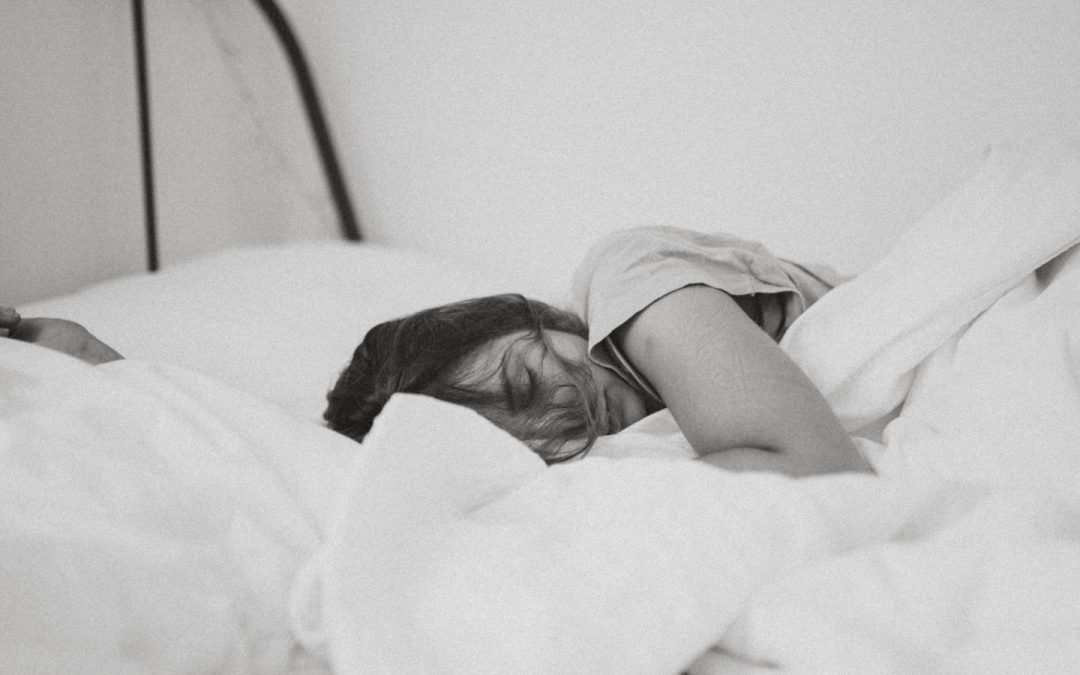The mind is a powerful thing – it is now accepted that our subconscious thoughts can affect our body states and physiology – they affect neurotransmitters which afterward control all of the body’s functions. When it comes to these thoughts affecting health though, things get interesting.
This idea is undeniably fascinating and is most often associated with pseudoscience – a mixture of statements, beliefs, or practices that are claimed to be both scientific and factual but are contradictory to the scientific method. But we all know as the placebo effect may actually hold the answer to whether our thoughts can heal our bodies.
Through the years, our understanding of the numerous different theories to explain the mind’s influence over the body have become more detailed. Initially there was scepticism, but today a growing body of scientific research suggests that our mind can play an important role in healing our body — and in staying healthy in the first place.
This link is the foundation of what we call the placebo effect. The placebo effect is a medical phenomenon where the results of medical treatment are solely caused by the patient’s ideas – both conscious and usbconscious – about how effective it is. Since the human body is a complex system, placebos may not be able to cure all diseases, but they can help reduce symptoms such as pain, anxiety, depression, or sleep disorders.
Placebos as allies to a great night’s sleep
Sleep plays in incredibly important role in your physical and mental health. While you are resting, your body is working hard to improve cognitive performance, your immune system, emotional regulation, thermoregulation, tissue recovery, and much more.
Unfortunately, the stresses of modern life which encourages us to focus on overachievement and constant productivity battles, the over use of smart devices, and the environment we live in has a hugely disruptive effect on our sleep patterns.
Sleep disorders are a group that are increasingly common. Symptoms include difficulty falling asleep, daytime fatigue, lack of concentration, irritability and depression. These conditions lead to significantly decreased cognitive performance, increased risk of chronic diseases, frequent mood changes, and a weakened immune system.
Sleep disorders are much more common than we think – 20% of the population are sleep deprived. The most common sleep disorders include insomnia, sleep apnoea, restless leg syndrome, and narcolepsy.
Thankfully, these are not incurable – besides the conventional medical treatments, the placebo effect can be of the great benefit of reducing the effects of sleep deprivation and fatigue.
Placebo effect: altering perceptions for the better
In a study (pdf) by the researchers Christina Draganich and Kristi Erdal, participants were given a short lecture about how more sleep can improve cognitive functioning. All of the participants gave information about how deeply they slept the night before and afterward they were randomly assigned to either “an above-average” or a “below average” sleep quality condition.
The researchers educated the participants about the phases of sleep and the fact that REM sleep (the period when you have a faster heart rate and breathing, and most dreaming takes place) lasts for about about 25% of total sleep.
The researchers attached sensors to the subjects that supposedly measured pulse, heart rate, and REM in their sleep. After waking up, some of the subjects were told that they got 16.2% REM sleep, while the others were told they got 28.7% REM sleep.
The participants then conducted an auditory and word recognition test to assess their cognitive performance*. The participants who were told they had got a lower REM sleep performed significantly worse on both tests compared to the ones who believed they had better sleep even though there was no no difference in sleep.
At the end of the experiment, the majority of participants (88%) stated that they had completely believed the manipulation, with only six participants admitting minor scepticism, adding that they still did not question the validity of the information.
Another study published by the British Medical Journal demonstrated that half of the benefit of taking sleeping pills comes from the placebo effect. The finding indicates that once the placebo effect is discounted, the drug effect is of ‘questionable clinical importance’.
Placebo for improved sleep
These studies, and many more, demonstrate the positive effect that Placebo can have on quality on sleep and the benefits of having received that perfect rejuvenating rest.
Therefore, placebo pills have a powerful influence on how we feel. Whether subjects know they are taking a placebo or not, the effect is the same. They can be of great help not only in dealing with sleep disorders but making our lives more pleasant.
* The tests were the Paced Auditory Serial Addition Test (PASAT) where the participants listened to a tape that presented a series of single-digit numbers at the rate of one every 1.6s and a verbal fluency test (Controlled Oral Word Association Test).


Recent Comments